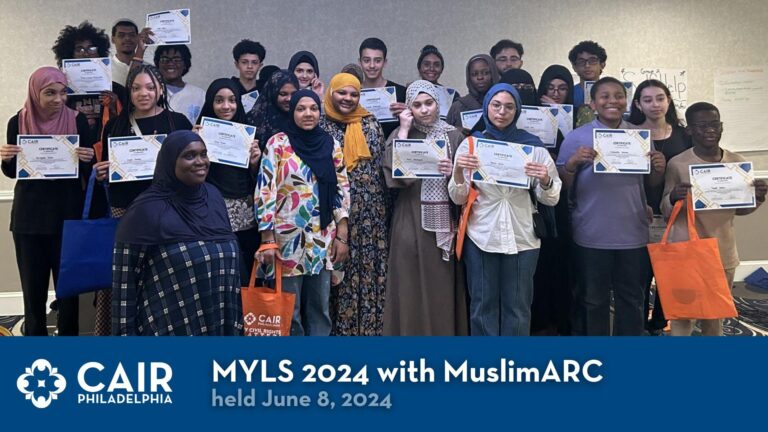 He has worked for the same employer for decades, and he has never hidden the fact that he is a Muslim. Actually, his employer seemed to have no problem with the fact that he is Muslim – or so he thought.
He has worked for the same employer for decades, and he has never hidden the fact that he is a Muslim. Actually, his employer seemed to have no problem with the fact that he is Muslim – or so he thought.
He would eventually learn that the federal government does not think that way. At some point, each of us, as Americans Muslims, loses our identity as an “American” simply because we are “Muslim.”
Did you know that the United States Government has an official policy which indicates that federal employees can be denied promotions, and other opportunities for job advancement, simply because they have a friend, relative, or acquaintance in a Muslim-majority country?
It’s true. For federal employees, promotions, and other opportunities for job advancement, are highly dependent upon the ability to obtain a requisite security clearance, and such clearances can be denied due to concerns over “foreign influence.”
What constitutes “foreign influence”? Less than you would think. U. S. State Department Policy states that an employee can be deemed susceptible to “foreign influence” simply because they have
contact with a foreign family member, business or professional associate, friend, or other person who is a citizen or resident of a foreign country if that contact creates a heightened risk of foreign exploitation, inducement, manipulation, pressure, or coercion.
See “Adjudicative Guidelines for Determining Eligibility for Access to Classified Information,” Guideline B: Foreign Influence, Subsection 7(a) (emphasis added).
Which contacts create such a “heightened risk”? Not surprisingly, in practice, the contacts which create such a “heightened risk” are contacts in Muslim-majority countries – regardless of whether there is contact with a country listed on the U.S. State Department’s “List of State Sponsors of Terrorism.”
Given these definitions, many Philadelphia-area Muslims would be deemed susceptible to “foreign influence” – even many area Muslims without substantial ties to Muslim-majority countries. For example, we know of examples where a U.S.-born American citizen person has been deemed susceptible to “foreign influence” because of travel to Saudi Arabia to perform Hajj, or because he or she has a friend in a Muslim-majority country, even if that friend is a U.S. citizen and they met when the friend was studying or working in the United States.
So, what can we, as American Muslims do about it? CAIR-Philadelphia asks you to support us in our efforts to overturn a government policy which has a disproportionate negative impact on American Muslims and which we believe is motivated, in whole or in part, by anti-Muslim bias and enacted with discriminatory intent.
To learn more about what CAIR-Philadelphia is doing to overturn this policy, click to view CAIR-Philadelphia’s letter to the Department of Defense regarding its reliance upon Guideline B.
By Amara Chaudhry, Esq., CAIR-Philadelphia Civil Rights Director





